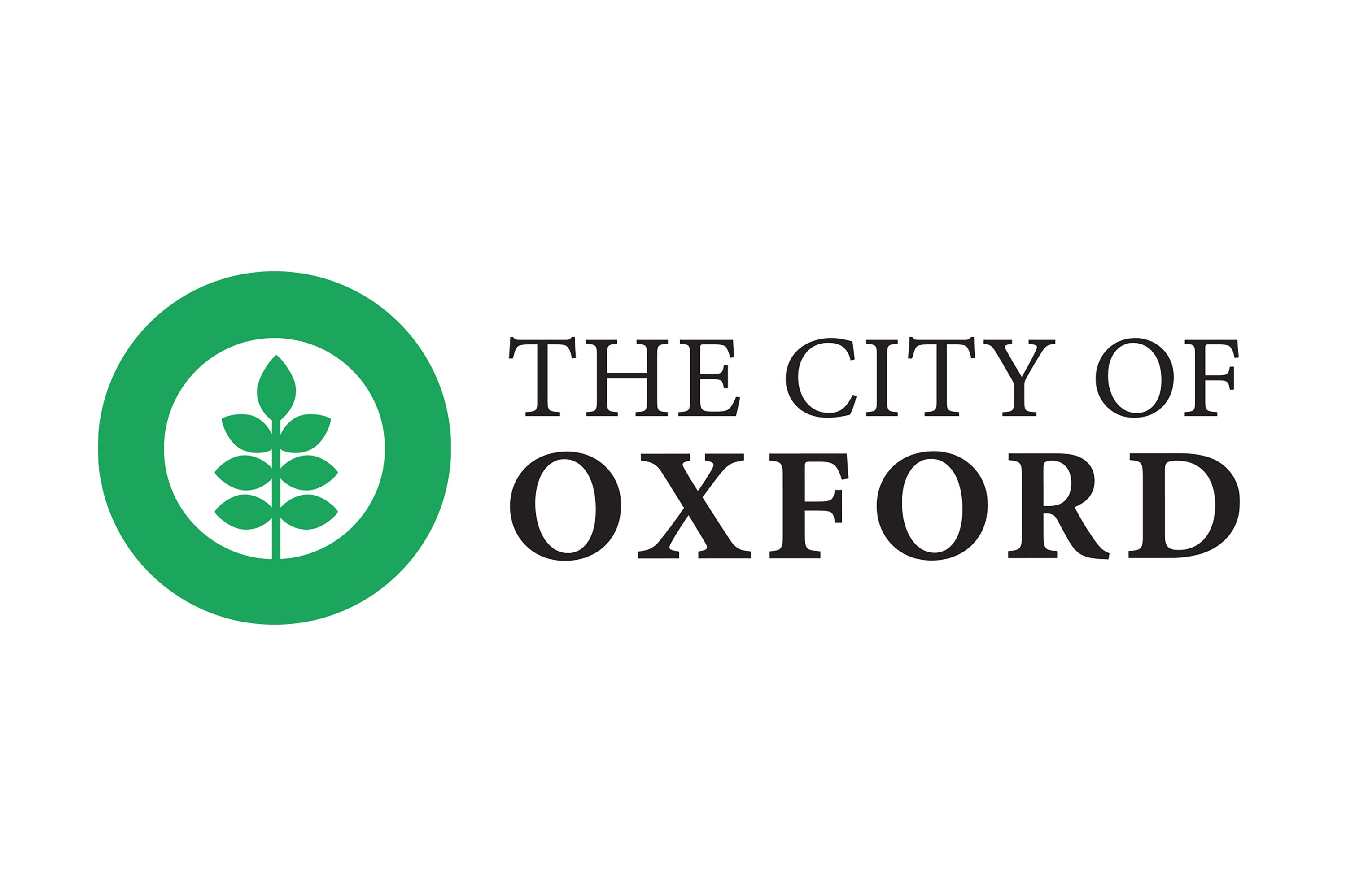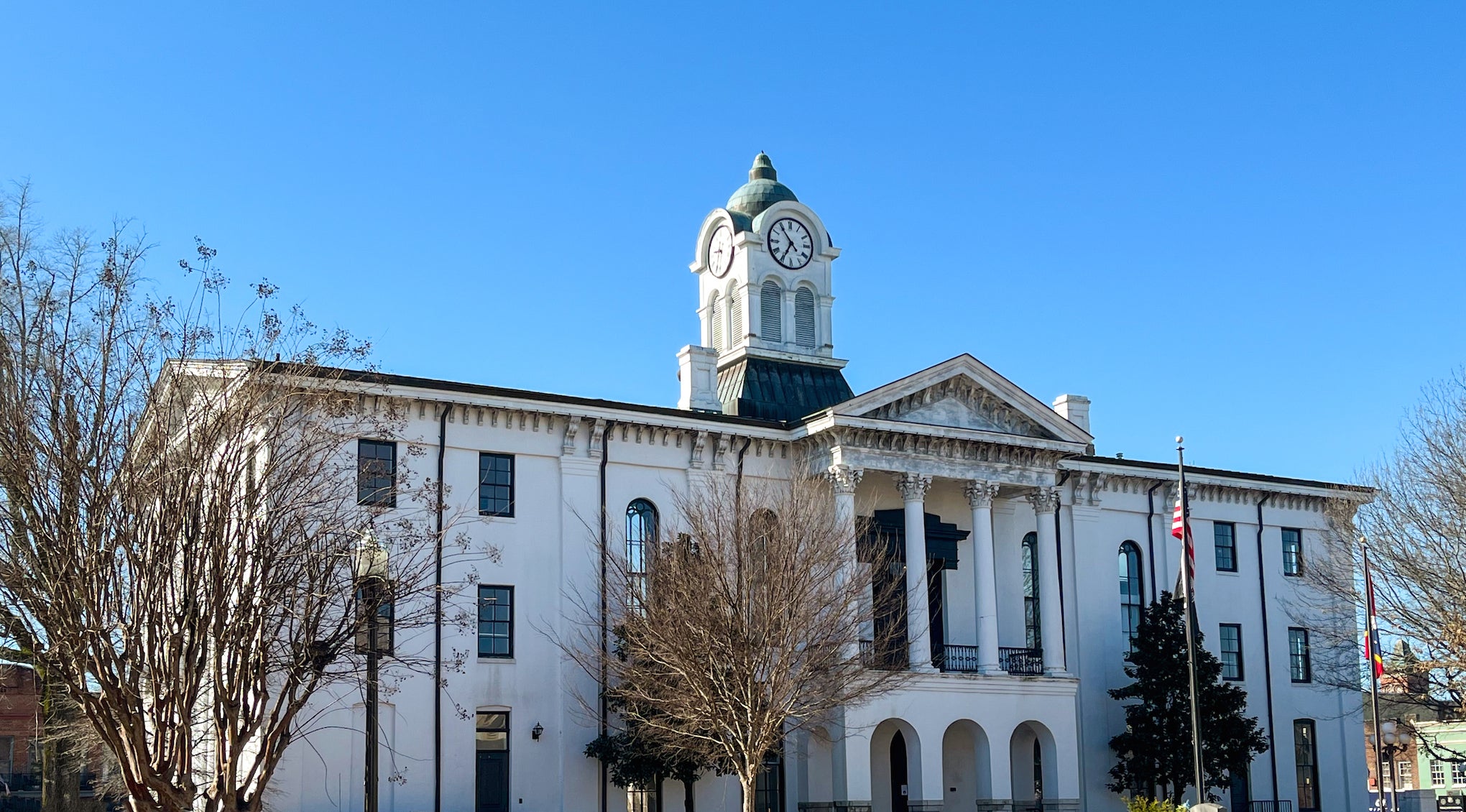Oxford’s tourism tax numbers down 44 percent in September
Published 11:01 am Wednesday, November 18, 2020
The City of Oxford is beginning to see the effects of a football season altered by COVID-19.
The city’s tourism and stadium tax numbers for September were down compared to last September, while the overall sales tax number was up, despite still being in the midst of a pandemic.
The Mississippi Department of Revenue released the latest tax diversion numbers this week, which are for two months prior to the date they were reported.
Oxford’s sales tax collection for September came in at $878,688.05, which was a 12-percent increase from sales tax collected during September 2019 ($783,644.49). September’s number was down two percent from August, when the city collected $895,581.95.
The city’s food and beverage, or stadium, tax collected in September was $279,740 and was a one-percent increase from August’s total of $278,295, but it was down 16 percent from September 2019 ($333,607).
Oxford saw the biggest drop with its tourism, or hotel and motel, tax collection. In September, the city took in $19,112. That is a 61 percent decrease from the $44,480 they collected last September and a 44 percent decrease from the $34,015 collected in August.
“We will continue to tighten the belt and continue to spend as responsibly and efficiently as we can on behalf of our taxpayers,” Oxford Mayor Robyn Tannehill said during Tuesday’s Board of Aldermen meeting.
With college football games having 25 percent capacity and the inability to hold the tradition of tailgating at the Grove, the usual large crowds that descend upon Oxford every Ole Miss home game weekend have not happened. In September, the Rebels had only one home game, hosting Florida in the season opener on Sept. 26.
The COVID-19 case numbers are beginning to rise again across the state, including in Lafayette County, which has also affected people traveling or even coming to a football game.
“A pandemic, just like any other crisis, kind of has three stages. It’s response, recovery and rebuilding,” Tannehill said. “We felt like we were kind of moving into recovery, although with the numbers going up around us, though ours aren’t going up as severely, we’re still kind of bouncing back to that response state right now. We are looking into opportunities to re-imagine how we use some of our public spaces and ways that those public spaces can support our small businesses.”
Tannehill said the city sent out a survey to 1,300 local businesses to get input into how the city can support those businesses. The Board is expected to discuss some of those possibilities during a work session on Monday.






